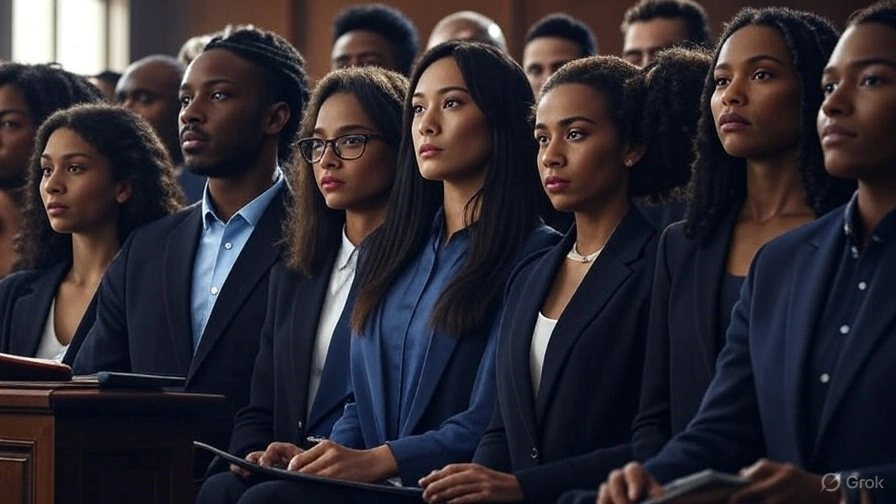Other Legal Issues

Understanding the Spectrum of Legal Issues: Beyond Criminal and Civil Law
The realm of law extends far beyond the familiar territories of criminal and civil issues. A vast array of legal matters falls outside these categories, encompassing everything from administrative law to intellectual property, environmental regulations, and beyond. Understanding these diverse legal areas is crucial for navigating the intricate world of law effectively.
One significant area often overlooked is administrative law. This branch deals with the rules and regulations that govern federal and state agencies. Issues like zoning laws, licensing, and regulatory compliance are central to this field. Navigating administrative law requires an understanding of how government agencies operate and the processes involved in administrative decision-making.
Intellectual property law is another crucial area, especially in our technology-driven age. It encompasses the protection of inventions, trademarks, copyrights, and patents. Understanding intellectual property rights is vital for creators, innovators, and businesses looking to protect their unique ideas and products.
Environmental law is increasingly significant in today’s eco-conscious world. It involves regulations and policies aimed at protecting the environment, including laws related to pollution, natural resource management, and sustainability. Navigating these laws requires not only legal expertise but also an understanding of environmental science and public policy.
Family law, dealing with matters like divorce, child custody, and adoption, is another critical area. These issues require a delicate balance of legal knowledge and emotional intelligence, as they often involve complex family dynamics and deeply personal matters.
Estate planning and probate law are also essential, involving the management and distribution of an individual’s estate after death. This field requires knowledge of tax laws, trusts, wills, and estate administration processes.
The legal landscape also includes emerging areas like cybersecurity law, which deals with issues related to data protection, privacy, and digital rights. As technology evolves, so does the legal framework surrounding it, making continual education and adaptation essential for legal professionals.
In conclusion, the spectrum of legal issues is broad and varied, extending well beyond criminal and civil law. Understanding these diverse legal areas is crucial for individuals seeking legal advice and for professionals aiming to provide comprehensive legal services.









